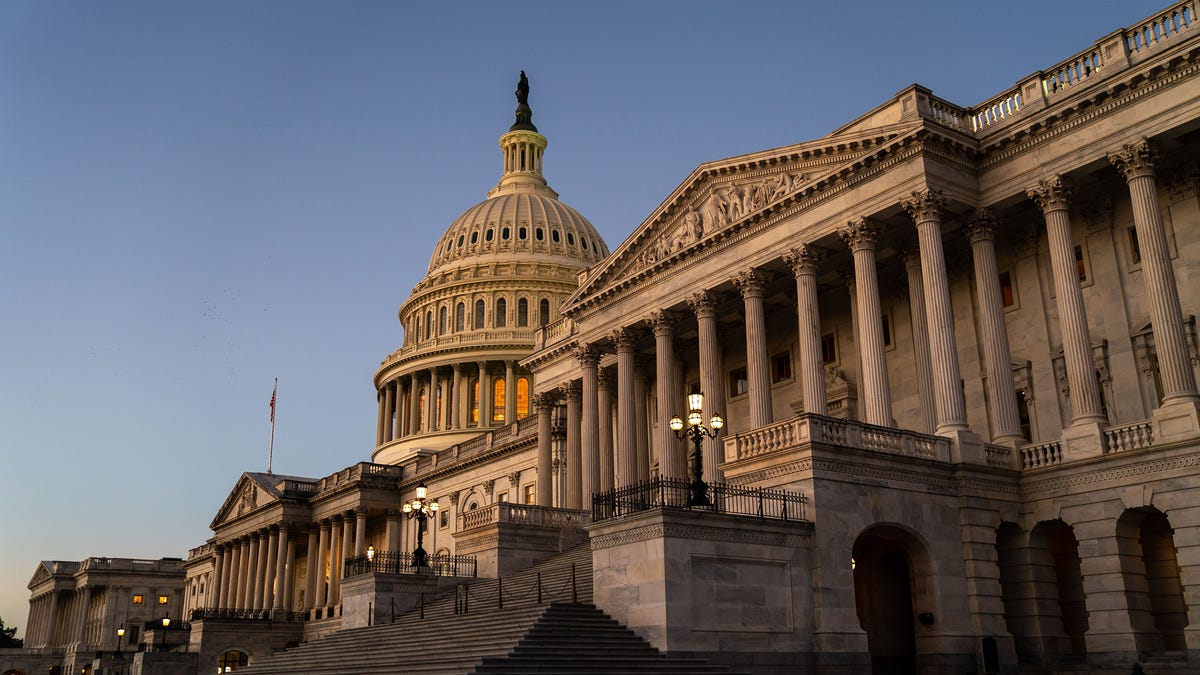House Democrats aim to turn EV tax credit into refundable credit
Biden's Build Back Better bill underwent more changes, and these would mark a huge shift for the credit as we've known it.

The electric vehicle tax credits may be on the verge of more drastic changes than we ever expected from President Biden's Build Back Better bill. Late last week, House Democrats shifted language in the legislation once again, and it turns the currently nonrefundable tax credit into a refundable credit. In other words, any EV buyer can actually earn money back on their taxes, should the bill pass as it stands.
It helps to understand the difference between a nonrefundable and refundable tax credit. The former essentially helps wipe away money owed to the federal government and it's how the EV tax credit has operated since its inception over a decade ago. So, today, if you buy a qualifying EV and owe the feds $10,000, the EV tax credit turns that into a $2,500 bill. If the bill is $1,000, the credit brings the tax bill to $0 and never puts money back into someone's pocket. What the latest legislative language does is turn the credit into a refundable credit. In this case, the government will cut the credit back to an EV buyer no matter what.
Say you purchase an EV and don't owe the feds anything. Now, with these changes, you receive at least $7,500 back. Ditto for any taxes owed. If you owe $1,000, you still make $6,500 back on taxes. It's a massive shift for the tax credits that could really supercharge the incentive to buy an EV.
Aside from the shift to a refundable credit, the new language opens up the tax credit to all automakers for a total of five years. That includes Tesla and General Motors, which currently don't qualify for the tax credit at all due to current caps in place. After the first five years, the credit closes to only US-made EVs. In addition, the base $7,500 EV credit can climb up to $12,500. That includes a $4,500 boost for a US-assembled and union-built EV, plus another $500 for automakers using US-made batteries.
If this bill passes the House and survives changes in the Senate, EV buyers could be looking at a maximum of $12,500 to claim on their taxes in the future. That figure will vary from automaker-to-automaker, and likely between an automaker's portfolio of EVs, but make no mistake, this would be a massive boost for EV adoption.

